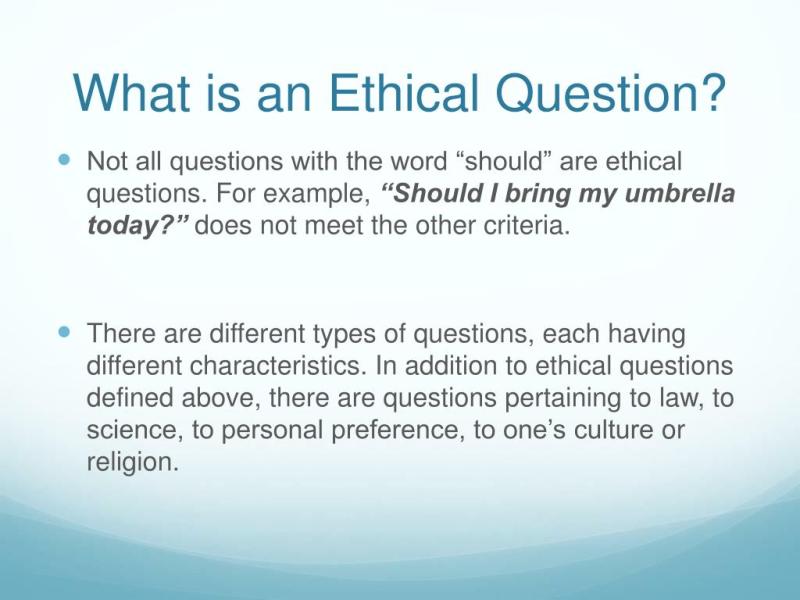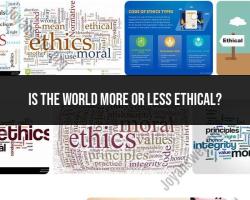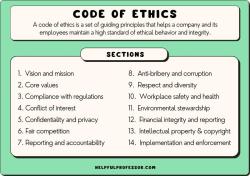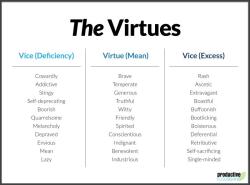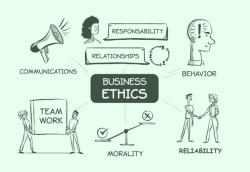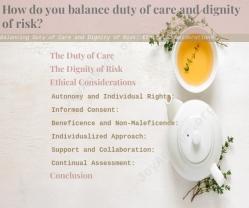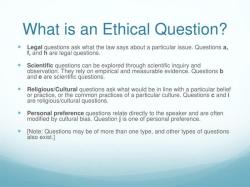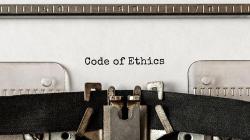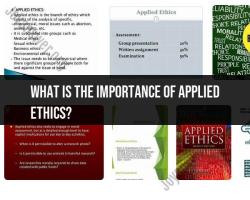What are the questions about ethics?
Ethics is a broad and complex field, and questions about ethics can cover a wide range of topics and issues. Ethical questions often delve into moral principles, values, and decision-making in various contexts, including personal life, professional settings, and societal concerns. Here are some examples of ethical questions that may be explored:
Personal Ethics:
- What values and principles guide your personal decision-making?
- How do you prioritize conflicting ethical principles in your personal life?
- Are there absolute moral truths, or is morality subjective?
Professional Ethics:
- How do you navigate ethical dilemmas in the workplace?
- What ethical responsibilities do professionals have to their clients, customers, or stakeholders?
- How can organizations foster an ethical culture among employees?
Bioethics:
- What are the ethical implications of advancements in biotechnology and genetic engineering?
- How should society approach ethical issues related to cloning or genetic modification?
- What are the ethical considerations in medical research and experimentation?
Environmental Ethics:
- How should individuals and businesses balance economic interests with environmental sustainability?
- What ethical responsibilities do humans have in preserving biodiversity and protecting ecosystems?
- How should we address climate change from an ethical perspective?
Social and Political Ethics:
- What ethical principles should guide public policy decisions?
- How should societies address issues of inequality, discrimination, and social justice?
- What ethical responsibilities do individuals have in the political realm?
Technology Ethics:
- What ethical considerations should be taken into account in the development and use of artificial intelligence?
- How can we address privacy concerns in the digital age?
- What ethical guidelines should govern the use of emerging technologies?
Ethics in Decision-Making:
- How do you approach ethical decision-making in complex situations?
- What role does empathy play in ethical decision-making?
- Should the consequences of an action or the intention behind it be more heavily weighted in ethical evaluation?
Cultural and Relativistic Ethics:
- How do cultural differences influence ethical norms and values?
- Can there be a universal set of ethical principles, or is morality culturally relative?
- How should individuals navigate ethical challenges when working across diverse cultural contexts?
Ethics in Education:
- What ethical responsibilities do educators have toward their students?
- How can schools promote ethical behavior and character development?
- Are there ethical considerations in academic research and plagiarism?
Medical Ethics:
- How should medical professionals balance patient autonomy with paternalistic care?
- What are the ethical considerations in end-of-life decision-making?
- How should scarce medical resources be allocated?
These are just a few examples, and ethical questions can arise in virtually every area of human life. The exploration of ethics involves critical thinking, reflection, and consideration of diverse perspectives. It's important to approach ethical inquiries with an open mind and a willingness to engage in thoughtful and respectful dialogue with others.
Categories of Questions in Ethics:
Ethical questions encompass a wide range of topics and can be broadly categorized into the following:
1. Normative Ethics: These questions focus on determining what constitutes right and wrong, asking "what ought to be done?" Examples include:
- What are the fundamental principles of morality?
- What are our obligations to others?
- What constitutes justice and fairness?
- What actions are considered virtuous?
- What are the limits of permissible behavior?
2. Meta-ethics: These questions delve into the nature and foundation of ethics itself, asking "what is the basis of morality?" Examples include:
- Are moral values objective or subjective?
- How do we acquire moral knowledge?
- What is the relationship between morality and religion?
- Can we provide a rational justification for ethical principles?
- How do emotions and reason interact in moral decision-making?
3. Applied Ethics: These questions involve applying ethical principles to specific real-world situations, asking "what should be done in this particular case?" Examples include:
- Is abortion morally permissible?
- Is euthanasia ethical?
- What are the ethical implications of artificial intelligence?
- How should we address climate change?
- What are the ethical considerations in business practices?
Philosophical Frameworks and Ethical Questions:
Different philosophical frameworks approach ethical questions in varying ways:
1. Consequentialism: This framework judges the morality of an action based on its consequences. Actions that produce the greatest good are considered the most ethical.
2. Deontology: This framework focuses on the intrinsic rightness or wrongness of an action itself, regardless of its consequences. Actions that comply with moral principles are considered ethical, even if they have negative consequences.
3. Virtue Ethics: This framework emphasizes the importance of developing good character traits, such as honesty, courage, and compassion. Ethical actions are those that flow from a virtuous character.
4. Contractualism: This framework views morality as a set of rules that rational individuals would agree to in order to maximize their benefit and well-being.
5. Feminist Ethics: This framework focuses on the experiences and perspectives of women and analyzes ethical issues from a gendered lens.
6. Care Ethics: This framework emphasizes the importance of relationships and care in ethical decision-making. It highlights the need to consider the needs and well-being of others in our actions.
Each framework provides a distinct lens for analyzing ethical questions, leading to different conclusions and recommendations.
Societal Issues Raising Ethical Questions:
Many societal issues raise ethical questions that require careful consideration:
1. Technological Advancements: Issues like artificial intelligence, genetic engineering, and data privacy raise ethical concerns about potential misuse and the impact on society.
2. Environmental Issues: Climate change, resource depletion, and animal welfare are pressing issues that demand ethical considerations regarding sustainability and responsible environmental practices.
3. Medical Ethics: Dilemmas surrounding end-of-life care, organ transplantation, and access to healthcare require nuanced ethical analysis.
4. Social Justice Issues: Inequality, discrimination, and human rights violations require constant examination and ethical action to promote a more just and equitable society.
5. Economic Inequality: Issues like wealth distribution, poverty, and access to basic necessities raise ethical questions about fair allocation of resources and economic justice.
These are just a few examples, and the specific ethical questions raised by societal issues will continue to evolve as society and technology advance. By engaging in critical reflection and informed discussion, we can strive to navigate these issues ethically and build a better future for all.
